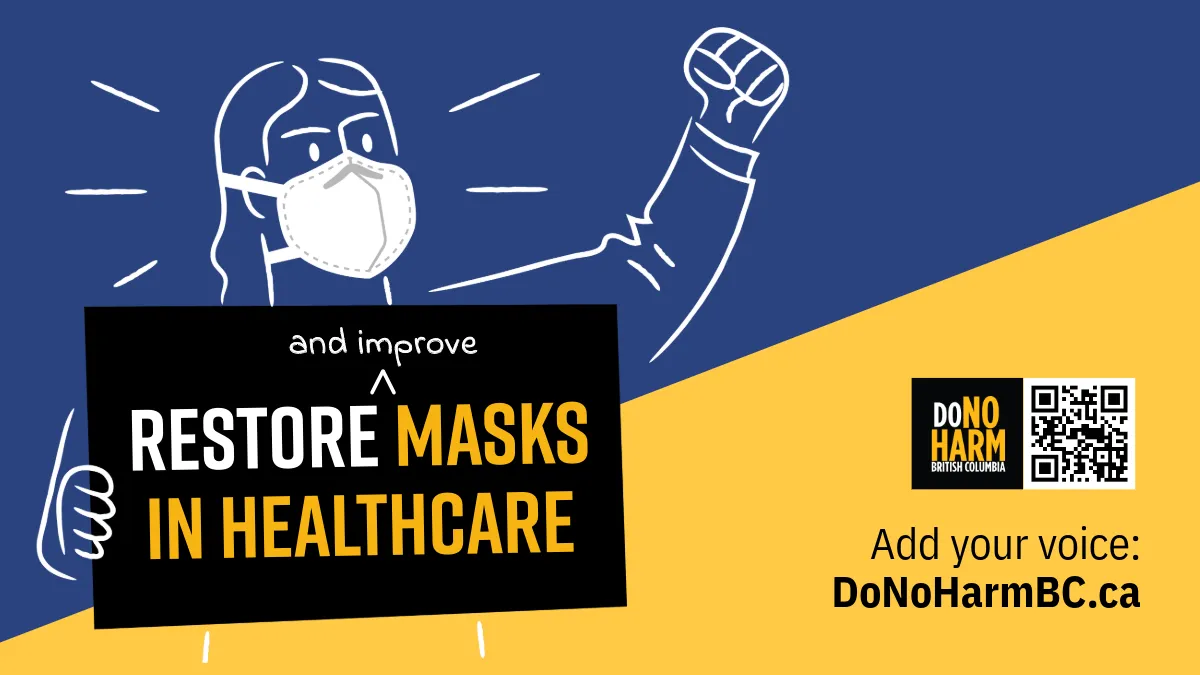COVID-19 genetic material was frequently detected in hospital air during community outbreaks, even in well-ventilated settings, according to a new study published in Respiratory Medicine.
A team led by Kirby Institute researchers conducted air and surface sampling in the emergency department (ED) and intensive care unit (ICU) of a large metropolitan hospital in Sydney, Australia, during two COVID-19 waves between November 2023 and July 2024. Their testing found that 39% (20 of 51) of aerosol samples were positive for SARS-CoV-2 RNA.
Detection was significantly more common in the ED than in the ICU. Of the positive samples, 80% were collected in the ED and 20% in the ICU.
Comments closed
